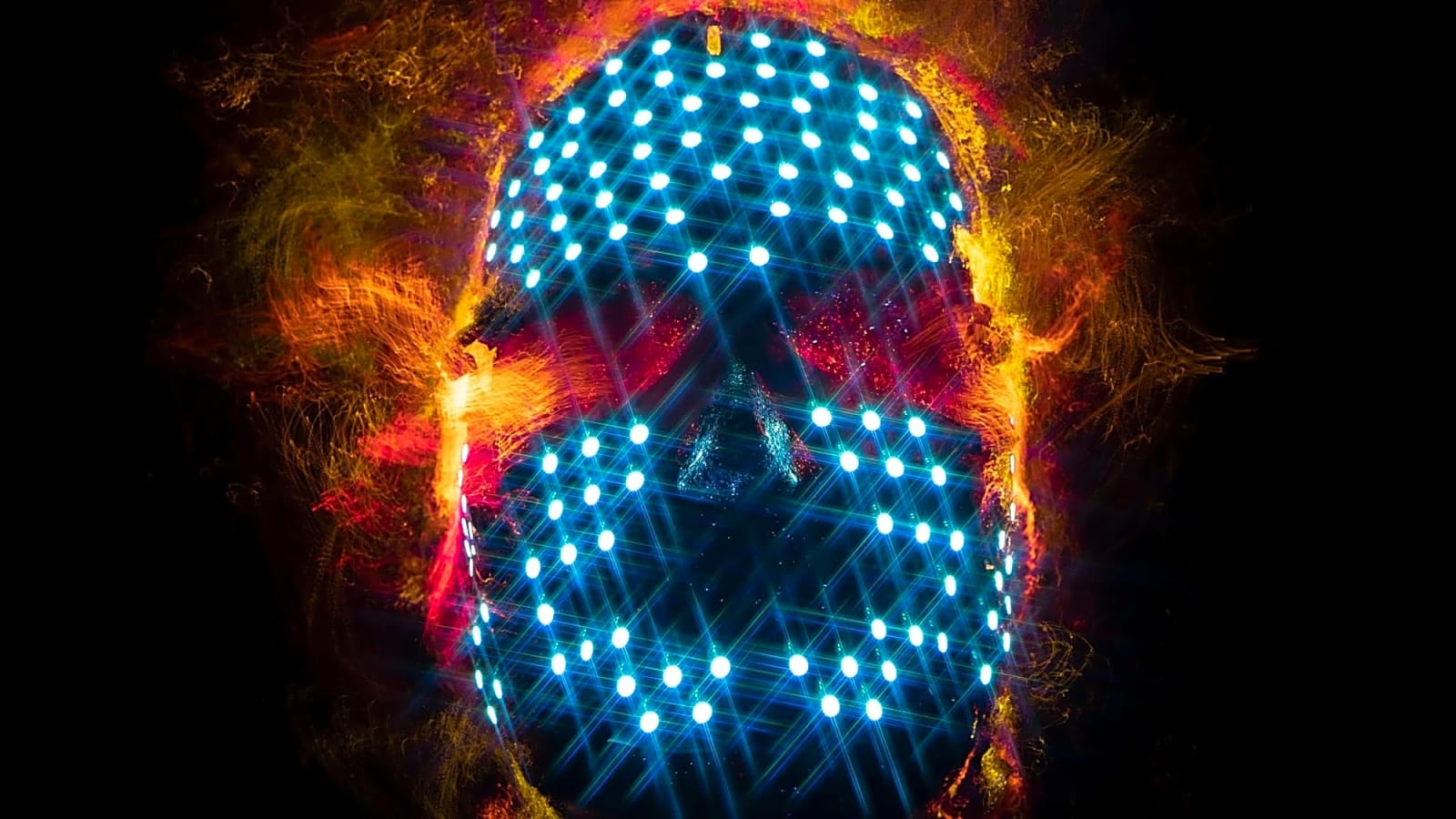
Pope Leo XIV has rejected the idea of an AI-powered papal avatar, warning that unchecked technological processes could erode human dignity and spiritual connection. His stance calls for moral leadership in the digital age.
Pope Leo XIV Rejects AI Papacy “The Human Heart Will Be Lost”
In a bold and deeply philosophical stance, Pope Leo XIV has publicly refused to authorize the creation of an artificial intelligence version of himself. The proposal, which involved developing a digital avatar capable of answering questions and simulating papal audiences, was met with firm resistance. Pope Leo XIV told biographer Eloise Allen in an interview statement:
“If there’s anybody who should not be represented by an avatar, I would say the Pope should be high on the list.”
The pontiff revealed that someone had recently requested permission to build an “artificial Pope” that users could interact with online. Pope Leo XIV’s response was unequivocal, saying that “I’m not going to authorize that.” For Pope Leo, the idea of digitizing the papacy undermines the sacredness of human connection and spiritual leadership.
His rejection isn’t rooted in technophobia. In fact, Pope Leo has previously acknowledged the transformative power of artificial intelligence, likening it to a new Industrial Revolution. But this comparison is far from celebratory, as he draws a parallel to Pope Leo XIII’s 19th-century treatise Rerum Novarum, which addressed the exploitation of workers during the first Industrial Revolution. Today, Pope Leo XIV sees AI as a similar threat-one that could deepen inequality and strip away human dignity.
A Call for Moral Leadership in the Digital Age
Pope Leo’s concerns go way beyond avatars and algorithms. He warns of a future where automation benefits only a privileged few, leaving the majority with diminished opportunities for meaningful lives. Pope Leo XIV said:
“If we automate the whole world and only a few people have the means to live well, there’s a huge problem coming down the line.”
He’s particularly critical of wealthy investors who pour resources into AI development while ignoring the ethical implications, as Pope Leo cautioned the people:
“Extremely rich people are investing in artifical intelligence but totally ignoring the value of human beings and of humanity as a whole.”
For Pope Leo, this isn’t just a technological issue, as it can develop into a moral crisis. The Church insisted on becoming a guiding voice in its digital age. Without moral intervention, he fears society will become dominated by technology, reducing people to nothing more than mere pawns in a wicked chess game, for he warned:
“The danger is that the digital world will go on its way and we will become pawns, or left by the wayside.”
Despite his critiques, Pope Leo isn’t anti-progress. He believes that science and technology can serve humanity, but only if they remain grounded in human relationships and compassion, as he quoted:
“To lose that relationship will leave science as an empty, cold shell that do great damage to what humanity is about.”
In an era increasingly shaped by digital innovation, Pope Leo XIV’s message is clear: progress must never come at the cost of the human soul. As someone who has been a Catholic all my life, I was having questions about AI and the conflict that the Church has with dealing with AI. I’m personally glad that Pope Leo is addressing the topic and can make a positive contribution to the way of progress without harming the human soul for Christ, our Lord.
Thanks for reading. Follow Total Apex Gaming for more new updates on the topic of AI, and be sure to follow Total Apex Entertainment for more juicy news content.
More must-reads:
- Falcons' Raheem Morris addresses Kirk Cousins, Michael Penix Jr. chatter
- Why Browns insider thinks Shedeur and Deion Sanders 'made a big mistake'
- The '150-rushing-yard NFL games' quiz
Breaking News
Trending News
Customize Your Newsletter
 +
+
Get the latest news and rumors, customized to your favorite sports and teams. Emailed daily. Always free!








